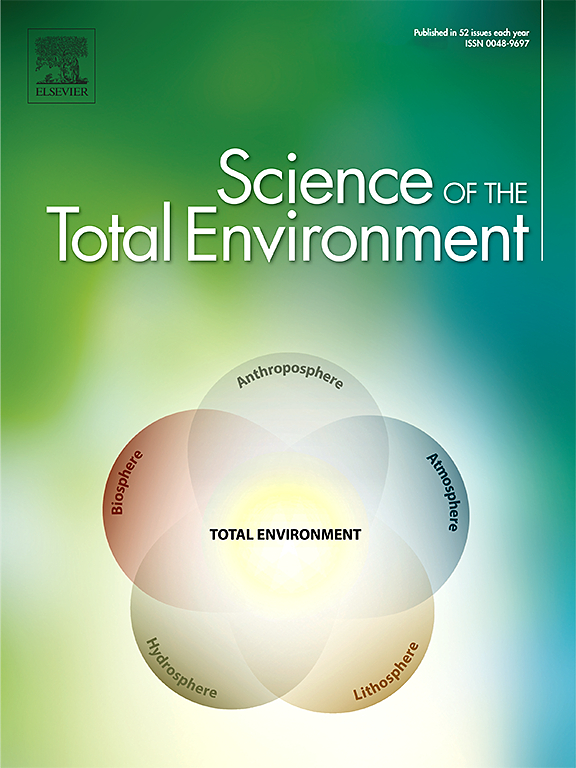温度变化如何影响风险态度:来自中国1708个农户的证据
IF 8.2
1区 环境科学与生态学
Q1 ENVIRONMENTAL SCIENCES
引用次数: 0
摘要
由于气候变化的长期趋势,农民作为农业生产的关键决策者,有可能调整其风险态度以应对气候变化冲击。我们的研究重点是农民作为农业中最小的决策主体如何应对这些变化。本研究使用温度异常方法和固定效应模型分析了2018年中国家庭面板研究数据,以调查气候变化如何影响农民的风险态度。研究表明,农民经历的温度波动幅度与他们的冒险倾向之间存在显著的相关性。具体来说,农民在出生和面试之间经历的温度变化越剧烈,他们的风险厌恶倾向就越高。年龄对风险态度的改变起着至关重要的作用,而性别似乎没有显著的影响。本研究的结果为制定政策和保险计划提供了理论基础,并根据观察到的风险态度转变提供了建议。本文章由计算机程序翻译,如有差异,请以英文原文为准。

How temperature changes affect risk attitudes: Evidence from 1,708 farming households in China
Due to the long-term trend of climate change, farmers—who are the key decision-makers in agricultural production—are likely to adjust their risk attitudes in response to climate change shocks. Our research focuses on how farmers, as the smallest decision-making agents in agriculture, respond to these changes. This study analyzes the 2018 China Family Panel Studies data using a temperature anomalies approach and a fixed-effects model to investigate how climate change affects farmers' risk attitudes. The research reveals a significant correlation between the magnitude of temperature fluctuations experienced by farmers and their tendency toward risk-taking. Specifically, the more drastic the temperature changes farmers experience between birth and interview, the higher their tendency toward risk aversion. Age plays an essential role in shaping changes in risk attitudes, whereas gender does not appear to have a notable effect. The findings of this study provide a theoretical foundation for developing policies and insurance programs, offering recommendations based on the observed shifts in risk attitudes.
求助全文
通过发布文献求助,成功后即可免费获取论文全文。
去求助
来源期刊

Science of the Total Environment
环境科学-环境科学
CiteScore
17.60
自引率
10.20%
发文量
8726
审稿时长
2.4 months
期刊介绍:
The Science of the Total Environment is an international journal dedicated to scientific research on the environment and its interaction with humanity. It covers a wide range of disciplines and seeks to publish innovative, hypothesis-driven, and impactful research that explores the entire environment, including the atmosphere, lithosphere, hydrosphere, biosphere, and anthroposphere.
The journal's updated Aims & Scope emphasizes the importance of interdisciplinary environmental research with broad impact. Priority is given to studies that advance fundamental understanding and explore the interconnectedness of multiple environmental spheres. Field studies are preferred, while laboratory experiments must demonstrate significant methodological advancements or mechanistic insights with direct relevance to the environment.
 求助内容:
求助内容: 应助结果提醒方式:
应助结果提醒方式:


